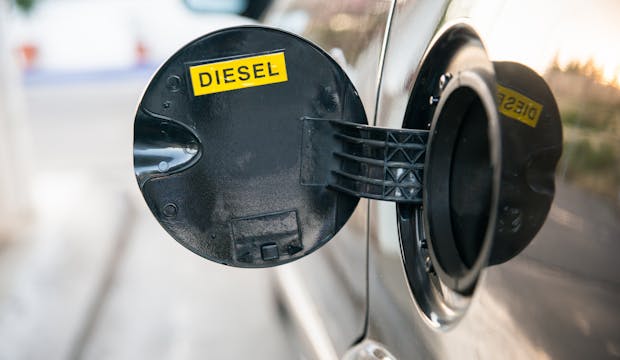bulk fuel demand drains retail reserves

the interesting dynamics of consumption in India fueled by unrelenting crude oil prices
on March 21, many petrol stations across India were shut due to a shortage of fuel. rather than a curtailing of supply, it is excessive demand that is causing this shortage. this is a result of the implementation of a 25% rate hike in diesel prices for bulk consumers only, driving them to retail stations instead.
why are IRCTC and others buying fuel from retail pumps and what does it mean for investors?
costlier by the gallon
in a stark departure from the principles of bulk buying, where goods get cheaper in larger quantities, the prices of bulk quantities of diesel have been hiked while retail rates have been kept unchanged. as of March 21, state-run OMC (oil marketing companies) such as IOC, BP and HP had not revised the retail prices of fuel for a record 136 days. in the meanwhile, prices of crude oil have soared by around 40%. in order to offset the rising costs while surging inflation pinches consumer pockets, it appears authorities are seeking to pass them on to corporate balance sheets.
the increase in bulk diesel prices on March 16 has effectively made retail diesel cheaper by around Rs 25 a litre. this has led to direct customers (with supply chain costs and better margins) ditching their orders for tankers of fuel from OMCs in favour of filling up at retail pumps. the result is an expected widening of losses for the OMCs who are already selling fuel at lower than purchase prices.
market track
here there is a clear distinction between state-run OMCs and private OMCs. the former enjoy the benefit of government subsidies and therefore can absorb shocks better. whereas private OMCs, who have not capped the volumes being pumped out at retail stations despite the surge, are more vulnerable. this has been witnessed before, when crude prices surged following the 2008 financial crisis, leading to Reliance shutting down its fuel business. similar results now would obviously translate into more market share for the players still left standing.
another set of stocks for investors to consider are the bulk consumers of diesel themselves. while IRCTC is one glaring example, there are several others such as large manufacturing industries operating on diesel. if their input costs go up, one can expect their profit margins to decline, and subsequently put pressure on their stock prices.
in the bigger picture, with the hope of peace talks between Russia and Ukraine bearing fruit fading away, it appears that crude oil prices are likely to stay high or climb even higher. the impact of this bulk diesel rate hike will be felt over weeks and months to come.



